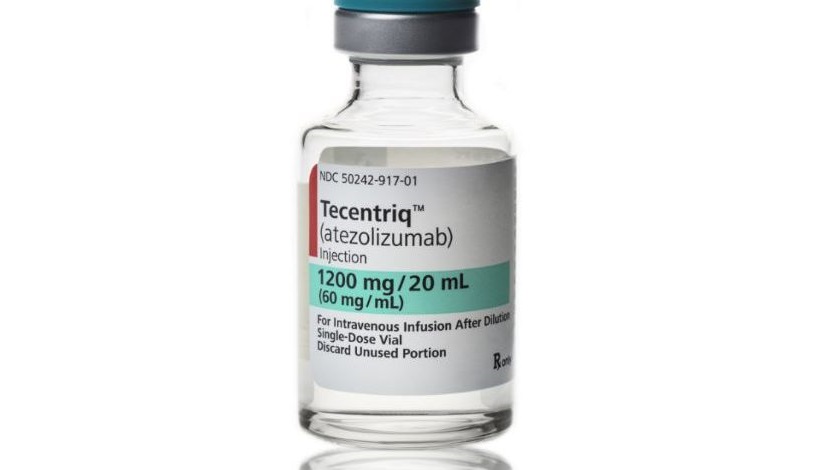The week that turned the cancer immunotherapy market on its head

This week may have produced a seismic shift in cancer immunotherapy as serious doubts emerged about Roche’s main contender, while solid phase 3 results boosted investor confidence in a late-to-market rival from AstraZeneca.
Just days after a late-stage trial failure from Roche’s anti-PD-L1, Tecentriq (atezolizumab), in bladder cancer shocked investors, AstraZeneca’s direct rival Imfinzi (durvalumab) produced strong late-stage results in advanced lung cancer.
There are now serious doubts about Tecentriq, which is only approved in the US in bladder cancer on the basis of phase 2 data.
The FDA’s accelerated approvals require confirmatory phase 3 data, but this efficacy data has not materialised for Tecentriq in bladder cancer.
Tecentriq, which before the trial disaster was touted by Jefferies Equity Research as a potential $12 billion-a-year drug, is also under review in Europe for bladder cancer and it’s unclear how the poor phase 3 data will affect it.
Roche has only given top-line data and suggested that the trial’s findings have been compromised by a stronger than expected response in the chemotherapy comparator arm.
It is therefore difficult to assess whether Roche could ask regulators for clemency based on the totality of the evidence for Tecentriq in bladder cancer.
A spokesperson for Roche told pharmaphorum: “It’s too early to speculate on the implications to our ongoing filing submissions but we believe that Tecentriq will continue to play an important role in the treatment of people with advanced bladder cancer. We will discuss these data with health authorities.”
Since then AstraZeneca has announced positive results for its Imfinzi (durvalumab) in locally advanced, unresectable non-small cell lung cancer in an interim analysis of a phase 3 trial.
Imfinzi, also an anti-PD-L1, produced a statistically significant improvement in progression-free survival – the first immuno-oncology drug to produce an effect in this use.
The interim analysis showed the trial had already met its first progression-free survival endpoint, and AZ will continue to assess its second primary endpoint of overall survival in line with the trial’s protocol.
AZ said the safety profile looks favourable and plans to discuss findings with regulators “as soon as possible."
AZ’s share price was up almost 5% to almost £49.70 on the London Stock Exchange following the news.
Imfinzi is already competing against Roche’s drug in bladder cancer in the US, after a recent approval and AZ is waiting on results from its MYSTIC and PEARL trials, testing the drug as a monotherapy in the lucrative first-line lung cancer indication, where Merck & Co’s Keytruda immunotherapy already has a foothold.
Imfinzi is also being developed in combination with tremelimumab, a checkpoint inhibitor that targets CTLA-4, as part of the MYSTIC, NEPTUNE and POSEIDON phase 3 trials.
The developments this week have produced the biggest shock since Bristol-Myers Squibb's Opdivo (nivolumab) failed in first-line lung cancer last year.
The contrasting fortunes of Roche and AZ this week suggest there will be further twists as results from a raft of immunotherapy trials are announced in the coming years.












